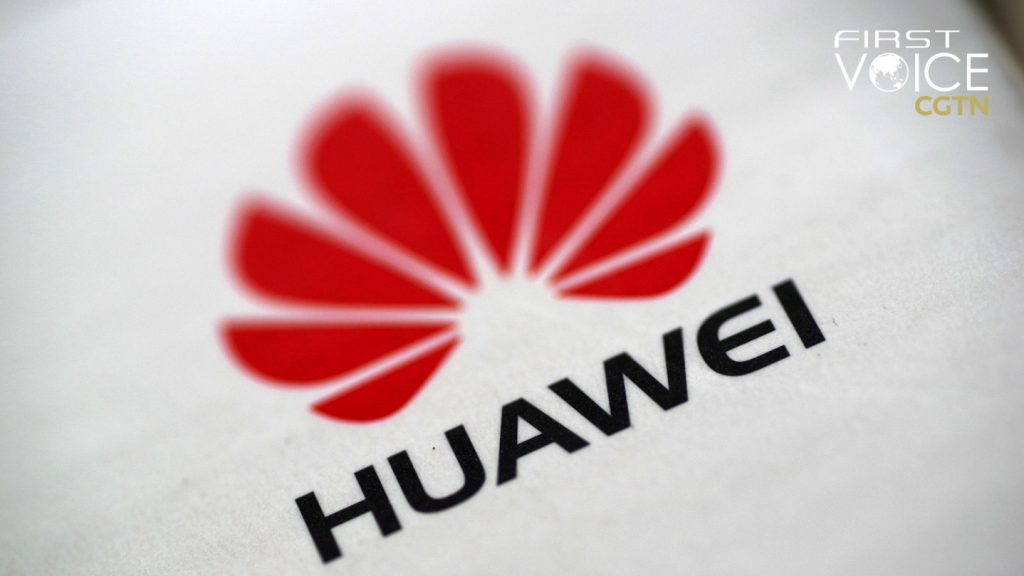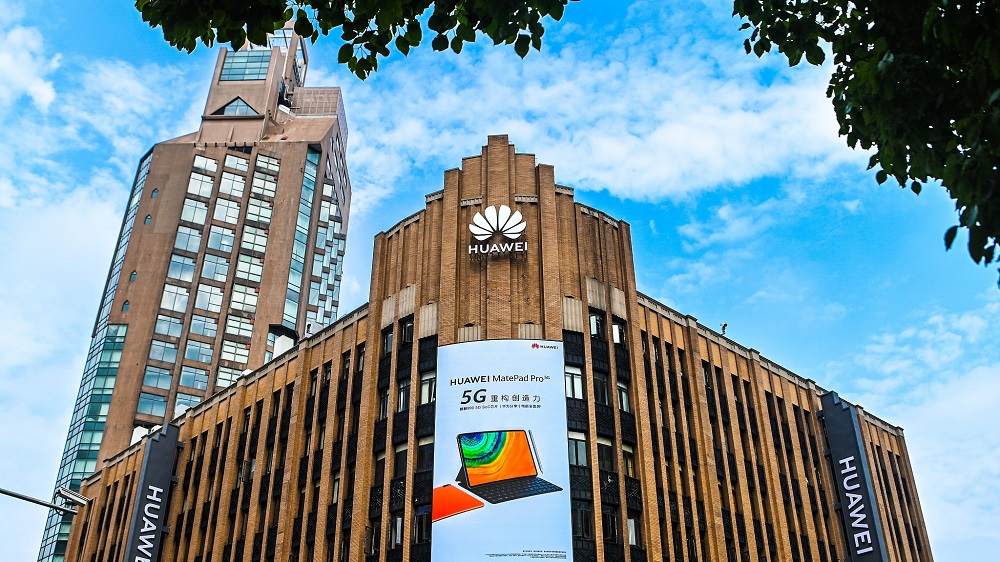
The Biden administration formally rescinded two Trump era executive orders which sought unsuccessfully to ban a swathe of Chinese social media applications, most notably including TikTok and WeChat. Nonetheless, the White House ordered a Commerce Department review into applications that may pose “threats to national security.”
At the same time, reports emerged stating that Huawei’s bonds would be excluded from an influential JP Morgan fund as a product of the expanded investment ban which the administration pushed a week ago. The ban targets Chinese companies with alleged ties to the military and prohibits Americans from buying their stocks, securities or bonds.
Unsurprisingly, and as per the recent bills going through the Congress, America’s technology war against Chinese companies on a number of fronts continues ultimately unabated.
Although the Biden administration has rescinded the more irrational and impulsive decisions of Trump, it has readily adopted and intensified its strategic focus – to contain the rise in China’s technology under the auspices of “national security” and the discourse of threat, aiming to comprehensively deny targeted firms access to American capital, components and market share.
Why does Huawei matter to Biden, and not TikTok?
Although both companies have been subject to vicious and misleading smears from Washington’s political classes, Huawei as a telecommunications firm has become the “crown jewel” of the aforementioned technology effort against Beijing due to its highly strategic nature, making it politically costly for the president to relent.
TikTok, on the other hand, is a social media application used by young people, is widely popular in the United States, and is not perceived by politicians as potentially “changing the balance of power” against America. Trump’s botched attempt to ban the app and coerce a sale was not so much a strategic move as it was an opportunistic electoral stunt. Biden ultimately had no need to follow through.

Huawei’s flagship store on Nanjing East Road in Shanghai, east China, June 24, 2020. /CFP
But will the latest measures impact Huawei?
The answer is no: Huawei is not dependent on the United States for inbound capital. Although its smartphone business may have been hurt by U.S.-led supply chain disruptions, it continues to have multiple lucrative sources of income.
For instance, HarmonyOS launched only last week is growing rapidly. Already it is being used on 10 million devices, and has partnered with three Chinese banks and hundreds of local appliance companies, armed with an army of developers to create new applications.
In spite of all the U.S. attacks, Chinese tech firms have decisively set out to reinvent themselves and broaden their horizons. This means the U.S. investment ban is ultimately inconsequential.
Cooperation, not confrontation, is the only solution to technological strides. However, American politicians are still resorting to containing others for development. The just-passed U.S. Innovation and Competition Act of 2021, for instance, is the latest legal attempt to cripple China’s technological competitiveness. Talking loud on boosting financial input into American research, the act is more about seeking to block China’s technological rise.
The U.S. has already suffered huge losses from Trump’s “America First” doctrine. It should learn from its previous failed attempts of targeting China. Biden has repeatedly spoken of “dominating the technologies” of the future but that is a zero-sum and narrow approach to the attitude which underestimates the fact that the United States and China could have so much to gain through greater technological engagement, joint-innovation and the articulation of digital economy.
The Biden administration’s rescinding of TikTok is a welcome and rational development, but its latest move on Huawei will backfire. Having demonstrated that it will not be subdued by foreign pressure, the Chinese company will bounce back bigger, stronger and more resilient than ever before, not just a hardware superpower but a software one too.
Cgtn.com
 Africa -China Review Africa -China Cooperation and Transformation
Africa -China Review Africa -China Cooperation and Transformation
